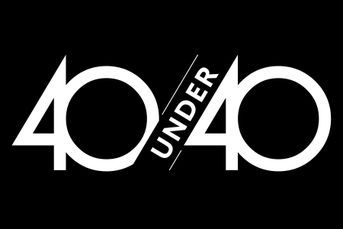Advisers should brush up on Daniel Kahneman’s work
Behavioral economist's insights about advisers and their clients should ring true
Investment advisers and financial planners might not like Daniel Kahneman’s views on active management (he does not believe in it), but they should listen to his insights about their clients.
And if they aren’t already thoroughly familiar with Mr. Kahneman’s work, they should become so.
Mr. Kahneman told attendees at the Investment Management Consultants Association conference in New York earlier this month that the role of a financial adviser is less about portfolio positioning than understanding the often irrational biases of their clients.
Mr. Kahneman and the late Amos Tversky pioneered the study of what has become known as behavioral economics — initially to great skepticism from economic and finance experts, who believed most people behave rationally when making economic decisions. In 2002, Mr. Kahneman won the Nobel Prize for economics for his work.
His research, and that of others, has shown that economic and financial decisions are often neither rational nor efficient.
One of Mr. Kahneman’s early findings was that investors’ reactions to gains or losses are not symmetrical: The pain of a loss is far greater than the pleasure they feel from a gain of equal value. Most studies suggest that losses are twice as powerful, psychologically, as gains.
As a result, investors have an exaggerated bias against losses. This is known as loss aversion and leads to risk aversion.
Another result of the work of Mr. Kahneman and others is recognition of “optimism bias,” which causes some investors to believe they are less at risk of having negative outcomes than others, that they are less likely to have losses in the market than others.
Being aware of clients’ level of risk aversion can help advisers guide them to mutually satisfying results. Likewise, awareness of their level of optimism bias can help avoid poor investment choices — for example, increasing allocations to the stock market after it has climbed dramatically.
Understanding Mr. Kahneman’s and Mr. Tversky’s work on “framing” could assist advisers in guiding clients to make the best choice from several options.
In short, advisers should study the works of Mr. Kahneman, Mr. Tversky and others, including University of Chicago behavioral economist Richard Thaler, so they can understand and offset client — and their own — biases.
Learn more about reprints and licensing for this article.






